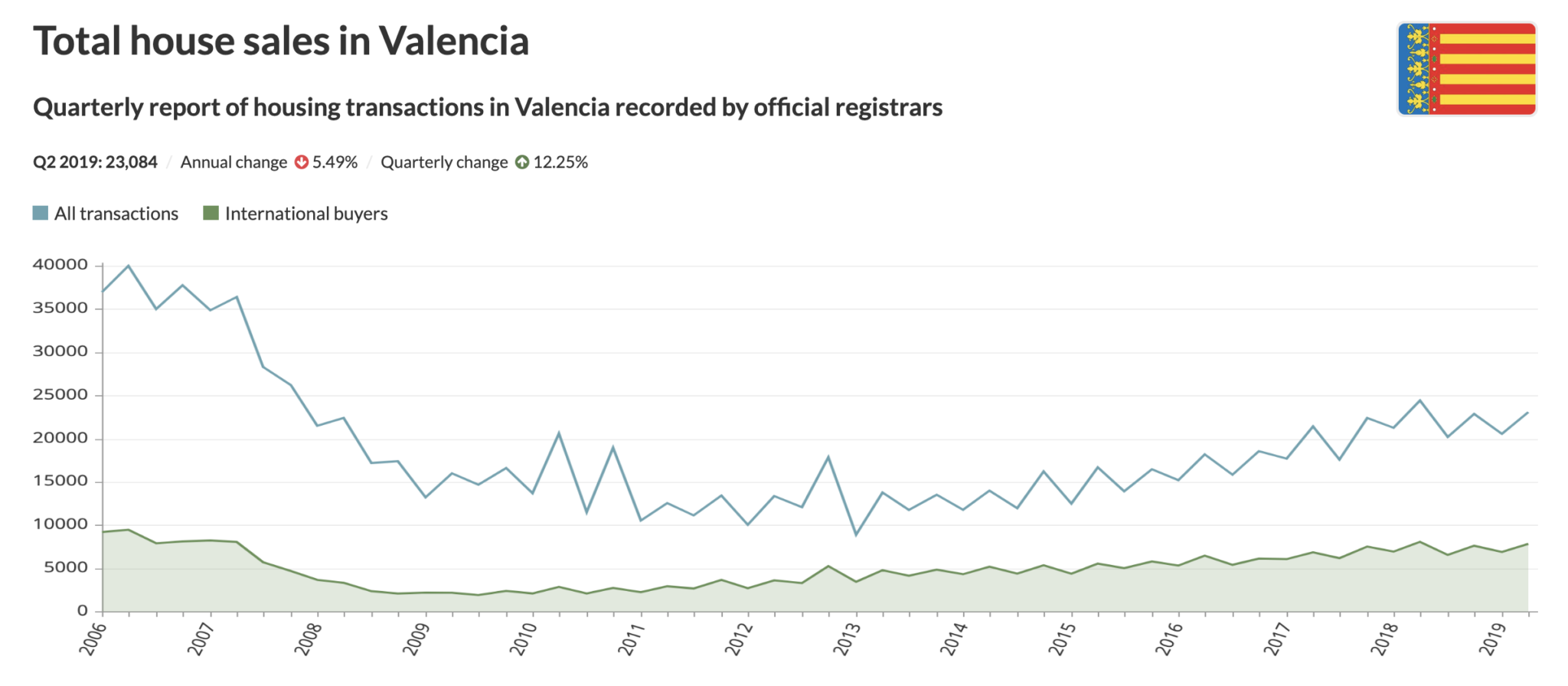The dream of settling in Spain as an expatriate brings with it the crucial decision of choosing between renting and buying a property. Both options offer distinct advantages and considerations that cater to the diverse needs of expats.
Here’s a quick look into the insights and considerations for expatriates weighing the choice between renting and buying real estate in Spain.
Renting in Spain
Flexibility and Mobility
Renting provides expats with flexibility, especially if they’re uncertain about their long-term plans or wish to explore different neighborhoods before committing to a permanent location. It offers the freedom to relocate without the obligations of homeownership.
Lower Initial Costs
Renting typically involves lower upfront costs compared to buying. Expats can avoid substantial down payments, property taxes, and maintenance expenses associated with home-ownership, allowing them to allocate resources to other aspects of their expat life.
Maintenance Responsibility
One of the advantages of renting is that maintenance and repairs are usually the responsibility of the landlord. Expats are relieved of the financial burden and time commitment often associated with property upkeep.

Buying in Spain
Long-Term Investment
Buying a property in Spain can be a sound long-term investment. Expats have the opportunity to build equity, potentially benefit from property appreciation, and establish a sense of stability in their chosen location.
Personalization and Stability
Owning a property allows expats to personalize their space, make modifications, and create a home tailored to their preferences. It also provides a sense of stability and security, especially for those planning to settle in Spain for an extended period.
Financial Considerations
While buying involves higher initial costs, expats may find that mortgage payments can be comparable to or even lower than monthly rent payments. Additionally, property ownership allows individuals to benefit from tax deductions and potential rental income if they choose to lease out the property.

Factors to Consider
Market Conditions: Evaluate the current real estate market in Spain. Consider factors like property prices, rental rates, and market trends to make an informed decision.
Personal Circumstances: Assess your long-term plans, financial situation, and lifestyle preferences to determine which option aligns best with your goals.
Legal and Tax Implications: Understand the legalities and tax implications associated with both renting and buying property in Spain. Seek advice from legal and financial experts if necessary.
Conclusion
Renting and buying each offer unique advantages and considerations for expats in Spain. Ultimately, the decision between renting and buying real estate depends on individual circumstances, financial goals, and lifestyle preferences. Understanding the nuances of each option empowers expats to make an informed choice that suits their needs and aspirations in their new Spanish home.









